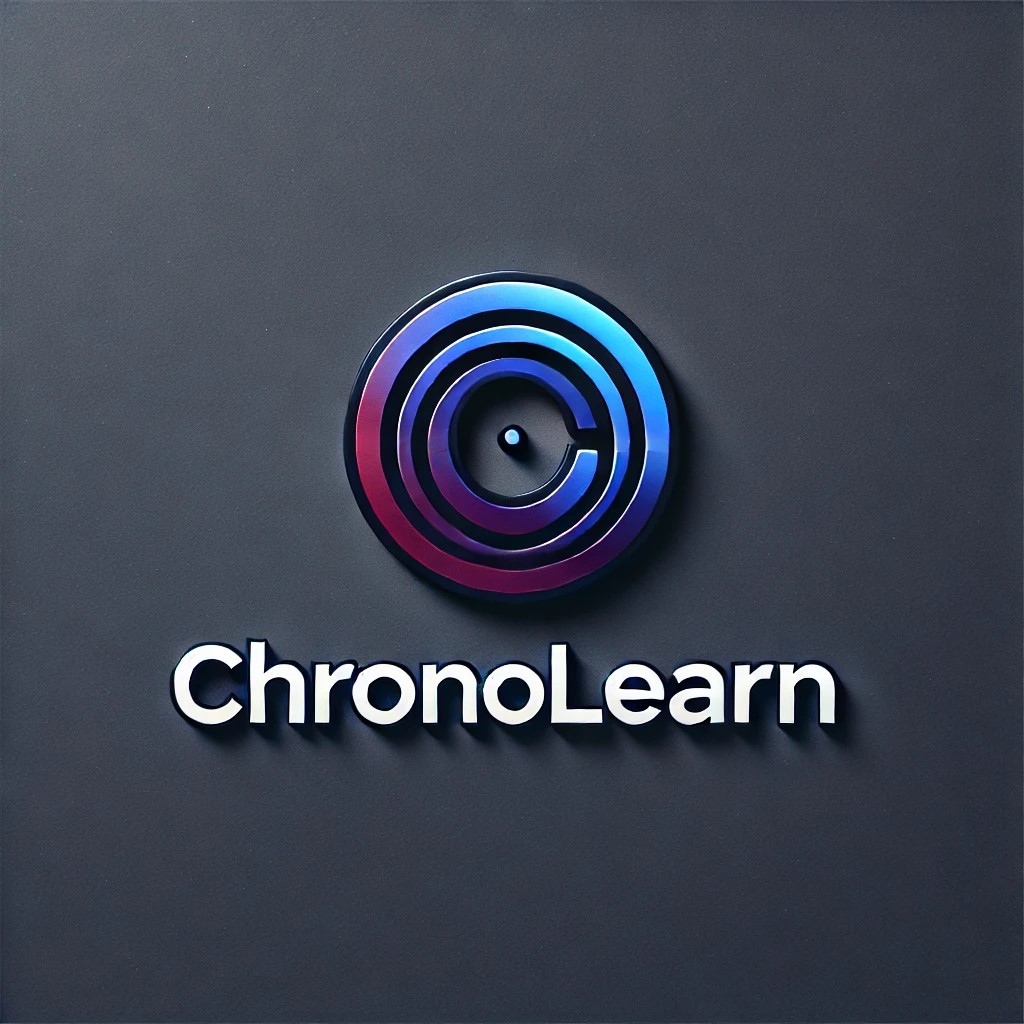
20 Best Search Engines to Explore the Web: Your Ultimate Digital Discovery Guide
20 Best Search Engines to Explore the Web: Your Ultimate Digital Discovery Guide
In today's digital age, search engines are the gateway to virtually unlimited information, yet most users limit themselves to just one or two platforms. While Google dominates with nearly 90% market share globally, the web offers a diverse ecosystem of specialized search engines designed for different needs, privacy preferences, and user experiences. This comprehensive guide explores 20 exceptional search engines that can transform how you discover information online.
Why You Need More Than Google
Traditional search engines like Google excel at general but specialized alternatives offer unique advantages: enhanced privacy protection, access to academic databases, regional content optimization, and innovative AI-powered features. Many users don't realize they're missing valuable resources by sticking to mainstream options.
The Complete List: 20 Best Search Engines for Web Exploration
1. Google - The Undisputed Champion
Despite being ubiquitous, Google continues leading innovation with features like AI Overviews and Circle to Search. With 89.54% global market share, it offers unmatched comprehensiveness and accuracy for general searches.
2. Microsoft Bing - AI-Powered Excellence
Bing has evolved significantly with ChatGPT integration through Microsoft Copilot. Holding 3.95% global market share, it excels at visual search capabilities and offers unique features like hover video previews and Microsoft Rewards programs.
3. DuckDuckGo - Privacy Champion
This privacy-focused engine doesn't track users or store search history. With growing popularity among privacy-conscious users, DuckDuckGo offers clean results without personalized ads, making it ideal for confidential research.
4. Brave Search - Independent Innovation
Brave Search operates with its own proprietary index rather than relying on Google or Bing. It offers AI-powered search, customizable "Goggles" for result ranking, and strong privacy protection without user profiling.
5. Startpage - Anonymous Google Results
Startpage provides Google's search quality while anonymizing user data. It acts as a privacy proxy, delivering familiar Google results without tracking, making it perfect for users wanting Google's accuracy with enhanced privacy.
6. Perplexity AI - Conversational Intelligence
This AI-powered search engine provides real-time citations and conversational responses Popular among professionals and students, Perplexity excels at complex research queries and offers source transparency.
7. You.com - Customizable AI Search
You.com offers personalized AI-powered search with integrated apps and customizable settings. Its interactive chat feature enables precise search experiences tailored to individual preferences.
8. Yandex - Russian Excellence
Dominating Russia with 2.45% global market share, Yandex excels at uncensored searches and offers superior face recognition and location identification capabilities.
9. Baidu - Chinese Market Leader
Leading China's search market with 51.45% regional share, Baidu serves over 676 million monthly active users and offers comprehensive services including maps and cloud storage.
10. Ecosia - Eco-Friendly Search
Ecosia uses ad revenue to fund reforestation projects. This environmentally conscious search engine has planted millions of trees while providing quality search results, appealing to sustainability-minded users.
11. Mojeek - Independent Indexing
Mojeek operates completely independently with its own search index, ensuring no data sharing with tech giants. Based in the UK, it offers unbiased results without behavioral profiling.
12. Qwant - European Privacy Alternative
This French search engine emphasizes privacy and EU compliance. Qwant offers secure, uncensored searches without tracking, making it popular among European users seeking privacy protection.
13. Swisscows - Family-Friendly Privacy
Based in Switzerland, Swisscows combines strong privacy protection with family-friendly content filtering. It uses semantic search technology and benefits from Switzerland's strict data protection laws.
14. Searx - Open-Source Freedom
Searx is an open-source metasearch engine that aggregates results from multiple sources. It offers complete transparency, customizable instances, and freedom from corporate control.
15. Dogpile - Metasearch Power
Dogpile aggregates results from multiple search engines, providing comprehensive coverage. This metasearch approach offers unfiltered results ideal for thorough research projects.
16. Ask.com - Question-Based Search
Optimized for natural language queries, Ask.com excels at question-based searches. It provides straightforward answers without complexity, making it user-friendly for specific inquiries.
17. Yahoo! Search - Classic Reliability
Despite declining market share, Yahoo! remains relevant with 1.37% global usage. It offers integrated news, email, and shopping features, providing a comprehensive portal experience.
18. AOL Search - Nostalgic Simplicity
Powered by Bing, AOL provides straightforward web results for casual users. While basic, it offers reliable search functionality with a familiar interface.
19. Wolfram Alpha - Computational Intelligence
Unlike traditional search engines, Wolfram Alpha computes answers using curated knowledge. It excels at mathematical calculations, scientific queries, and factual information processing.
20. Kagi - Premium Ad-Free Experience
Kagi offers subscription-based, ad-free searching with personalized ranking features. Though premium-priced, it provides distraction-free results and advanced customization options for serious researchers.
Specialized Search Categories
Academic Research Engines
- Google Scholar: 100+ million academic documents with citation tracking
- BASE: 136 million articles from Bielefeld University
- CORE: Open-access research papers with full-text availability
- PubMed: 38+ million biomedical citations and abstracts
Visual Search Platforms
- Google Images: Most comprehensive image database with advanced filters
- TinEye: Reverse image search with 76.3 billion indexed images
- Yandex Images: Superior face recognition and location identification
Social Media Search Tools
- Social Searcher: Real-time social media monitoring across platforms
- BuzzSumo: Content performance tracking and influencer identification
- Mention: Brand monitoring and social analytics
Voice and Mobile Search
Voice search is rapidly growing, with 65% of smartphone users utilizing voice assistants. Platforms like Google Voice Search, Siri, and Alexa are revolutionizing how we interact with search technology. Voice queries tend to be more conversational and often pull from featured snippets.
Regional Search Engine Preferences
Search engine preferences vary significantly by country:
- United States: Google (88.01%), Bing (7.56%)
- China: Baidu (54.36%), Bing (30.71%)
- Russia: Yandex (76.3%)
- South Korea: Naver competes strongly with Google
Privacy and Security Considerations
With increasing data privacy concerns, many users are switching to privacy-focused alternatives. These engines offer:
- No user tracking or data collection
- Encrypted connections
- Anonymous search capabilities
- No personalized advertising
SEO Optimization for Multiple Search Engines
When optimizing content for diverse search engines, consider:
- Title tags (H1): Keyword-rich headlines for all engines
- Meta descriptions: Compelling summaries for search snippets
- Header structure: Proper H2-H6 organization
- Alt text: Descriptive image alternatives
- Schema markup: Structured data for enhanced understanding
Emerging Trends and Future Developments
The search landscape continues evolving with AI integration, personalized results, and multimodal capabilities. Features like visual search through Google Lens process over 20 billion queries monthly, with 25% showing commercial intent.
Choosing the Right Search Engine
Your optimal search engine depends on specific needs:
- General research: Google or Bing
- Privacy protection: DuckDuckGo, Startpage, or Brave Search
- Academic work: Google Scholar, BASE, or PubMed
- Regional content: Baidu (China), Yandex (Russia), or Naver (Korea)
- Environmental consciousness: Ecosia
- Professional research: Perplexity AI or Kagi
Conclusion
The digital landscape offers far more than Google's familiar interface. From privacy-focused alternatives to specialized academic databases, each search engine serves unique purposes and audiences. By diversifying your search toolkit, you'll access broader information sources, protect your privacy, and discover content that mainstream engines might miss.
Whether you're researching academic papers, protecting personal data, or exploring regional content, there's a search engine optimized for your specific needs. The key is understanding which tool works best for each situation and being willing to explore beyond the familiar.






